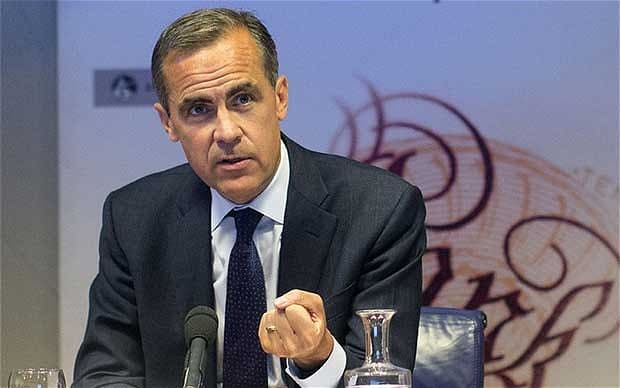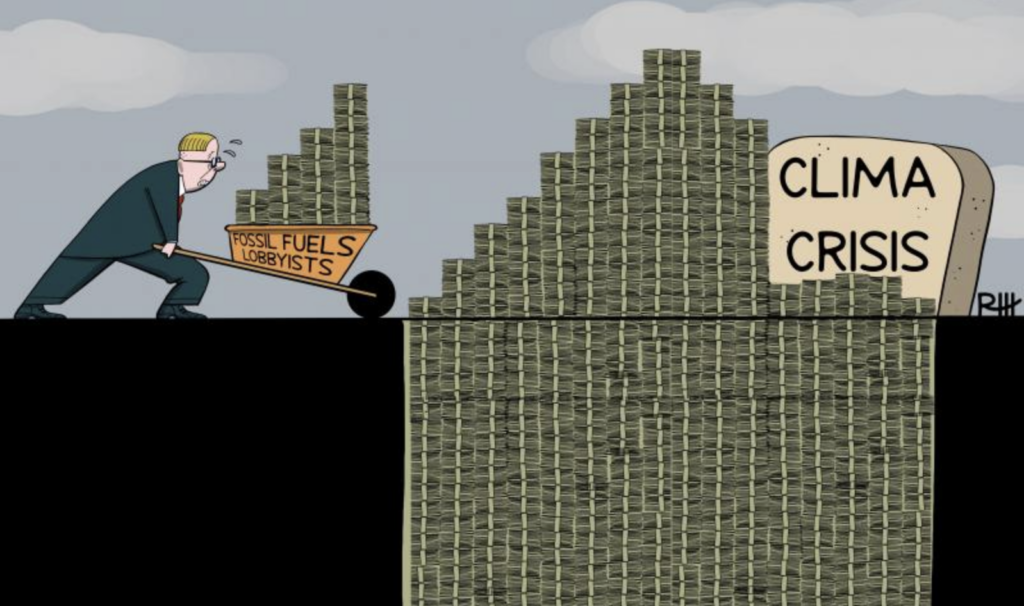Mark Carney, Governor of the Bank of England, hit back against climate denier Lord Nigel Lawson’s accusation that the Bank had its priorities wrong by researching the impact of climate change in the insurance industry.
Speaking in the House of Lords’ Economic Select Committee yesterday, Lawson said there were many issues in the banking industry, so “wouldn’t it be better if you focused your attention on those instead of engaging in green claptrap?”
Carney, however, robustly defended the Bank’s work, stating: “In the insurance business one of the top risks is climate change. Understanding those risks… is absolutely essential to discharge our responsibilities to oversee and supervise the third largest insurance market in the world.”
He continued: “So, the question of the potential impact of climate change on the safety and soundness of the insurance industry, and therefore its ability to honour its policy obligations, is fundamental to the supervision of it.”
Huge Risk
Lawson’s attack follows warnings made last week by the Bank of England that insurance companies could suffer a “huge hit” if their investments in fossil fuel companies are rendered worthless as a result of global action on climate change.
The Bank’s statements come after it launched an investigation last December to assess the chances of an economic crash should climate change rules render coal, oil and gas assets worthless. This is set to be published after the election.
Lawson, founder of climate sceptic charity the Global Warming Policy Foundation, claimed he was “puzzled” about why the Bank was warning investors of this “huge risk”, dismissing its climate research as “green claptrap”.
Proper Disclosure
Carney asserted that climate change was a fundamental issue for industry regulators. He added that the issue of ‘stranded carbon’ was about the need for greater transparency.
“The climate issue is more about the liability side in my view,” he said. “The issues around there are around proper disclosure, more full reporting, in terms of the exposures or the reliance, if you will, of companies on certain types of assets.”
Carney, who has previously warned that the vast majority of fossil fuel reserves may be unburnable, said that changes to government policy on the price of carbon, for example, could have an impact on the value of these assets. He said: “From a financial analytic perspective, it’s an issue of transparency.”
Subscribe to our newsletter
Stay up to date with DeSmog news and alerts







